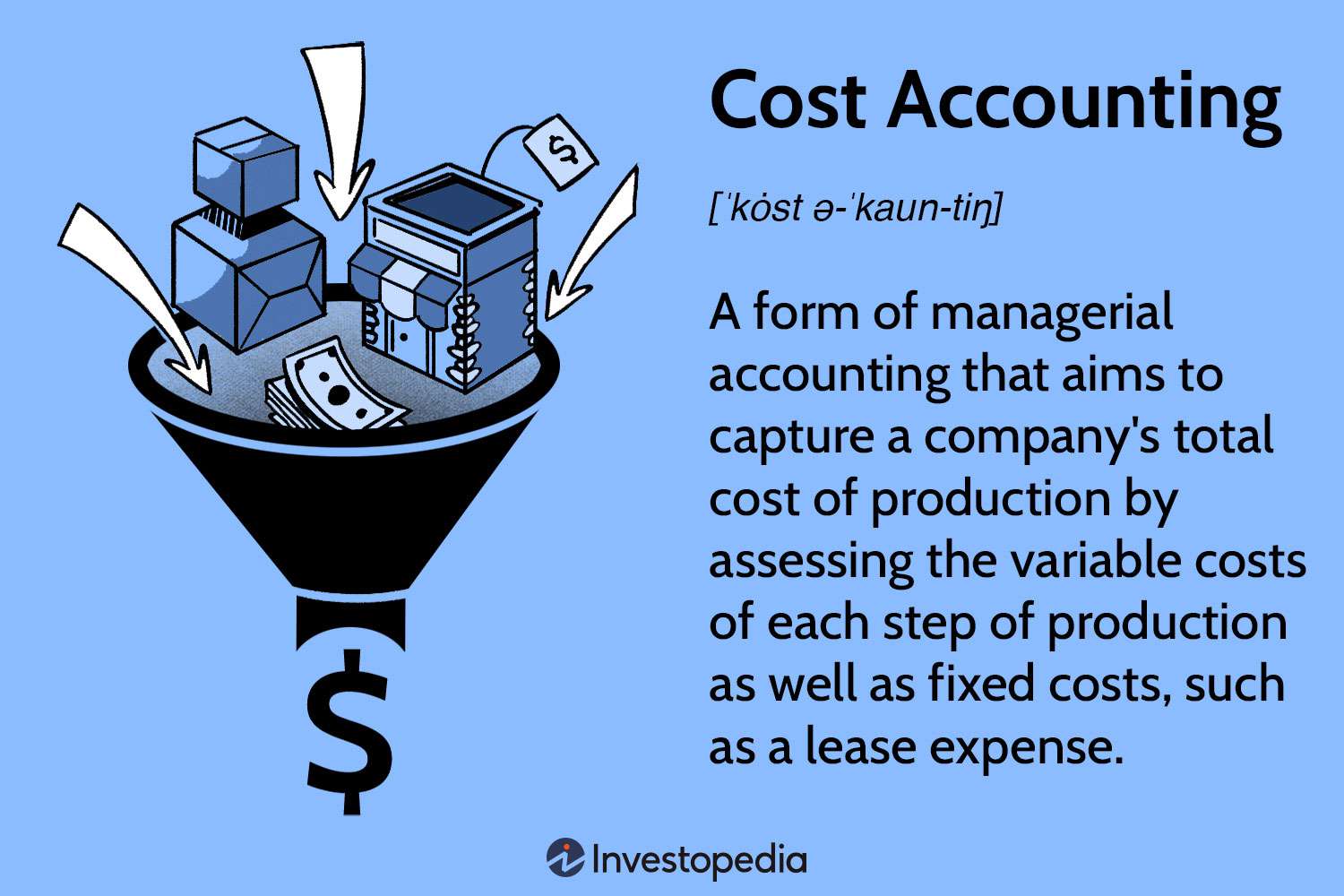What Costs Do Accountants Include?
Introduction
Accountants play a crucial role in helping individuals and businesses manage their finances effectively. Whether you are an individual taxpayer or a business owner, understanding the costs associated with hiring an accountant is essential. In this article, we will explore the various costs that accountants include in their services, providing you with a comprehensive overview.

What costs do accountants include?
1. Professional Fees
One of the primary costs you can expect when working with an accountant is their professional fees. Accountants charge for their time and expertise in handling financial matters. The fee structure can vary depending on several factors, including the complexity of the work, the size of the business, and the level of experience and expertise of the accountant.
It is common for accountants to charge an hourly rate, especially for tasks like bookkeeping, tax preparation, or financial analysis. Some accountants may also offer fixed-rate packages for specific services, such as filing tax returns or conducting audits. Make sure to discuss the fee structure with your accountant in advance to avoid any surprises.
2. Consultation and Advisory Services
Apart from handling day-to-day financial tasks, many accountants provide valuable consultation and advisory services. These services go beyond number crunching and can help you make informed financial decisions. Whether you need guidance on tax planning, budgeting, investment strategies, or business expansion, your accountant can provide expert advice tailored to your specific needs.
Accountants may charge an additional fee for these consultation services, either as part of a package or on an hourly basis. The level of expertise and experience of the accountant will often influence the cost of these advisory services. However, investing in professional guidance can lead to significant savings in the long run by helping you make financially sound decisions.
3. Software and Technology
Accounting has undergone a significant digital transformation in recent years, with the emergence of advanced software and technology solutions. Accountants now rely on specialized software to streamline their work processes and enhance accuracy and efficiency. These tools enable tasks such as automated bookkeeping, tax calculations, and financial reporting.
To provide top-notch services, accountants often invest in accounting software and other technology tools. The costs associated with these tools can be included in the overall service fees charged by accountants. While it may seem like an additional expense, leveraging technology can result in improved productivity and reduced errors, ultimately benefiting clients.
4. Regulatory Compliance
Accountants are well-versed in the ever-changing landscape of financial regulations and compliance requirements. They ensure that individuals and businesses adhere to these regulations, helping to avoid penalties and legal complications. Staying up to date with tax laws, accounting standards, and reporting requirements is a crucial part of an accountant’s job.
Accountants may include the costs associated with regulatory compliance in their services. This includes expenses related to obtaining necessary licenses, certifications, and subscriptions to professional bodies or industry-specific organizations. By delegating compliance tasks to an accountant, you can focus on your core business activities while ensuring you meet all legal obligations.
5. Team and Resources
Behind every accountant, there is often a team of professionals working together to deliver high-quality services. Accountants may employ assistants, bookkeepers, or other support staff to handle various tasks. The cost of maintaining a skilled team is typically factored into the fees charged by accountants. For CBD accountant services see here.

In addition to personnel costs, accountants may also incur expenses related to office space, equipment, software licenses, and professional development. These costs contribute to the smooth functioning of their practice and the ability to provide efficient services to clients. It is essential to recognize that the fees you pay accountants encompass not only their expertise but also the overhead expenses required to run a professional accounting practice.
6. Additional Services
Apart from the core accounting services, some accountants offer additional services that can be valuable to individuals and businesses. These may include financial planning, estate planning, payroll management, and forensic accounting, among others. These specialized services often involve additional costs, which can vary based on the complexity and scope of the work.
When discussing your accounting needs with a professional, inquire about any supplementary services they offer and the associated costs. Assess whether these services align with your requirements and budget. While they may incur additional fees, they can provide immense value by addressing specific financial concerns and helping you achieve long-term goals.
7. Outsourcing Expenses
In certain cases, accountants may outsource specific tasks or engage external experts to ensure the highest level of service quality. For example, an accountant might outsource tax preparation to a specialized tax consultant or hire an IT consultant to manage their technology infrastructure. These outsourcing expenses can be included in the overall cost of the services provided.
Outsourcing can bring additional expertise and efficiency to your accounting needs. It allows accountants to leverage the skills of professionals in niche areas, ensuring accurate and comprehensive financial management. Although outsourcing may incur extra costs, it often leads to improved outcomes and client satisfaction.
Conclusion
Hiring an accountant involves various costs that encompass the professional expertise, advisory services, software and technology, regulatory compliance, team and resource management, additional services, and outsourcing expenses. Understanding these costs is crucial for budgeting and making informed decisions when seeking accounting services.
When selecting an accountant, it’s important to have a clear understanding of their fee structure, including any additional charges for consultation, specialized services, or technology usage. Open and transparent communication with your accountant about your needs and budget will help establish a mutually beneficial relationship.

